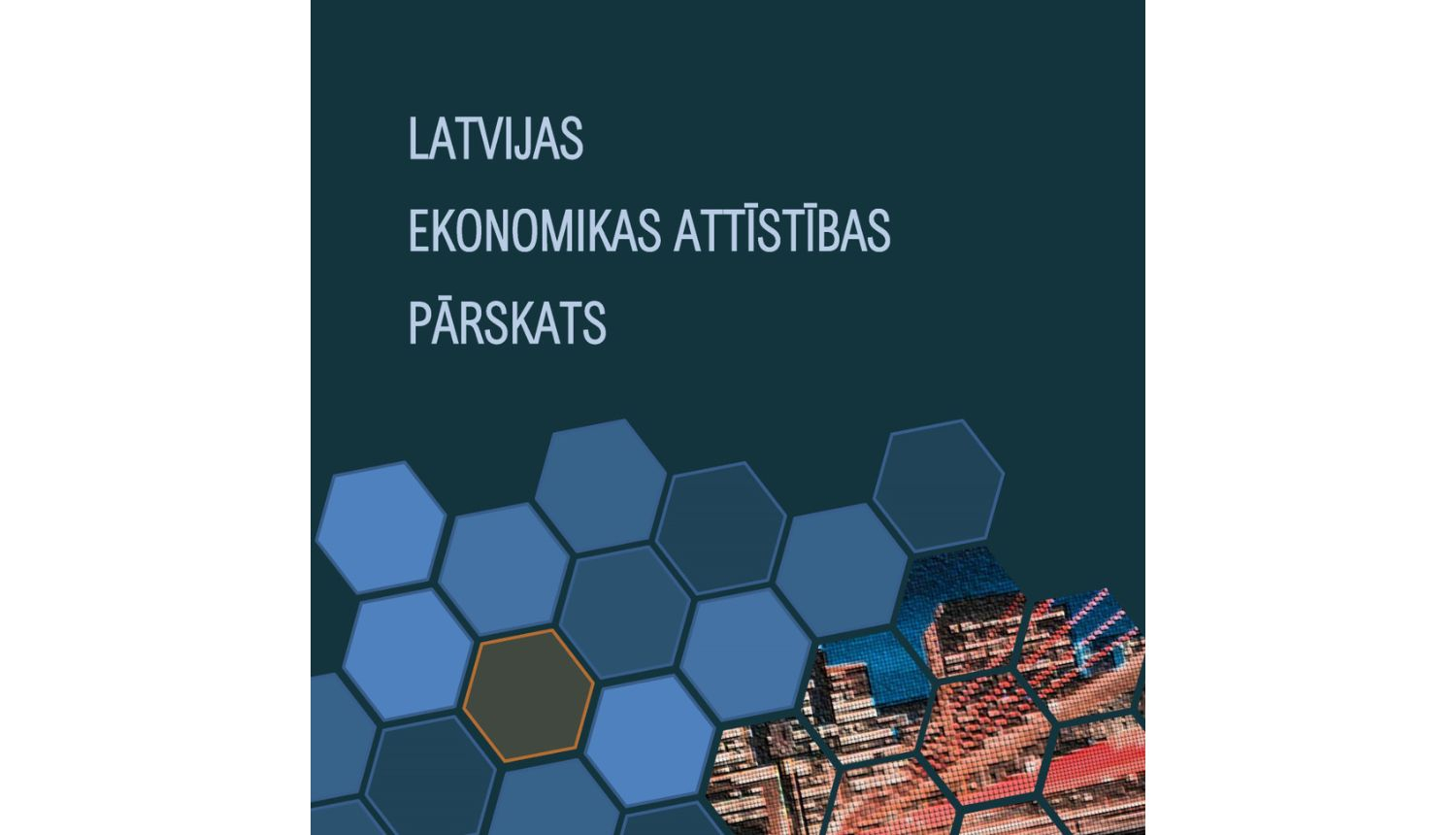Translated using ChatGPT service.
The Ministry of Economics has prepared the 2024 Economic Development Review of Latvia, assessing the country's economic situation and forecasting future development prospects.
In 2024, Latvia's economic development continued to be influenced by geopolitical uncertainty and the slow recovery of export target markets.
In the first three quarters of this year, the gross domestic product (GDP) was 0.5% lower than the previous year. Private and public consumption increased, while exports, imports, and investments declined. It is projected that the economy in 2024 will remain close to the previous year’s level.
In contrast, economic activity is expected to grow at a faster rate of 2.6% in 2025.
According to forecasts by international organizations, the global economic environment is expected to improve slightly in 2025, supporting the recovery of Latvia's export activity. Lower interest rates in the eurozone, including Latvia, will enhance consumption, the real estate market, and construction. Significant impacts on Latvia’s economy will also come from an increase in EU fund investments and reforms aimed at strengthening competitiveness, including lower labor taxes and other factors.
“We have a clear vision of Latvia's future economic model and an understanding of the steps needed for faster growth. We have developed and submitted a new comprehensive growth strategy for Latvia for parliamentary and public discussion. Its key elements include improving the productivity and export capacity of Latvian companies, implementing substantial reforms in human capital development, introducing innovations and the latest technologies, and achieving excellence in green economy, renewable energy, and bioeconomy,” emphasizes Minister of Economics Viktors Valainis.
To achieve these goals, significant support is being provided to enhance the productivity, digitalization, energy efficiency, export capacity, and competitiveness of Latvian businesses. Financial resources allocated to improving business competitiveness are being directed toward developing industrial zones, creating new high-value-added jobs, attracting high-value investments, transforming the economy, and supporting exports. The Ministry of Economics actively engages in dialogue with entrepreneurs, non-governmental organizations, and other societal representatives to achieve these objectives.
Medium-Term Development and Risks
Latvia's economic development in the medium term will depend on external conditions and the progress of reforms. The biggest risk to Latvia’s growth is related to global economic trends, particularly the geopolitical situation. The development of the EU’s economic space will also be crucial. Latvia's medium-term economic advantages will primarily rely on macroeconomic stability, resulting in improved credit ratings, as well as the effective implementation of planned EU support programs and improvements in the business environment. If the war in Ukraine persists, the pace of economic recovery may slow down.
Latvia's competitive advantages are primarily based on technological factors, improvements in production efficiency, and innovations, rather than low wages and cheap resources. In the medium term, Latvia’s growth rates could potentially reach an annual increase of 4–5%.
Annual Economic Review
The Economic Development Review of Latvia is prepared annually in December by specialists from the Ministry of Economics. It outlines the ministry’s policies in areas such as business environment, innovation and new technologies, productive investments, export promotion, energy, construction, housing policy, tourism, competition policy, consumer rights protection, and more. The 2024 review, along with reviews from previous years, is available on the Ministry of Economics’ website.



